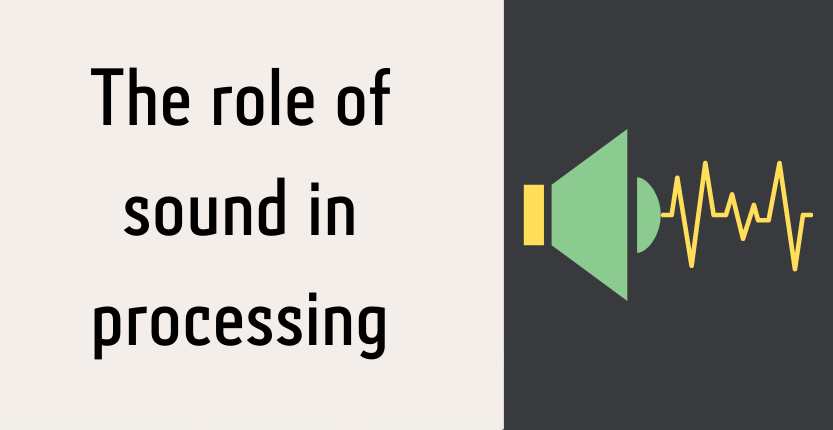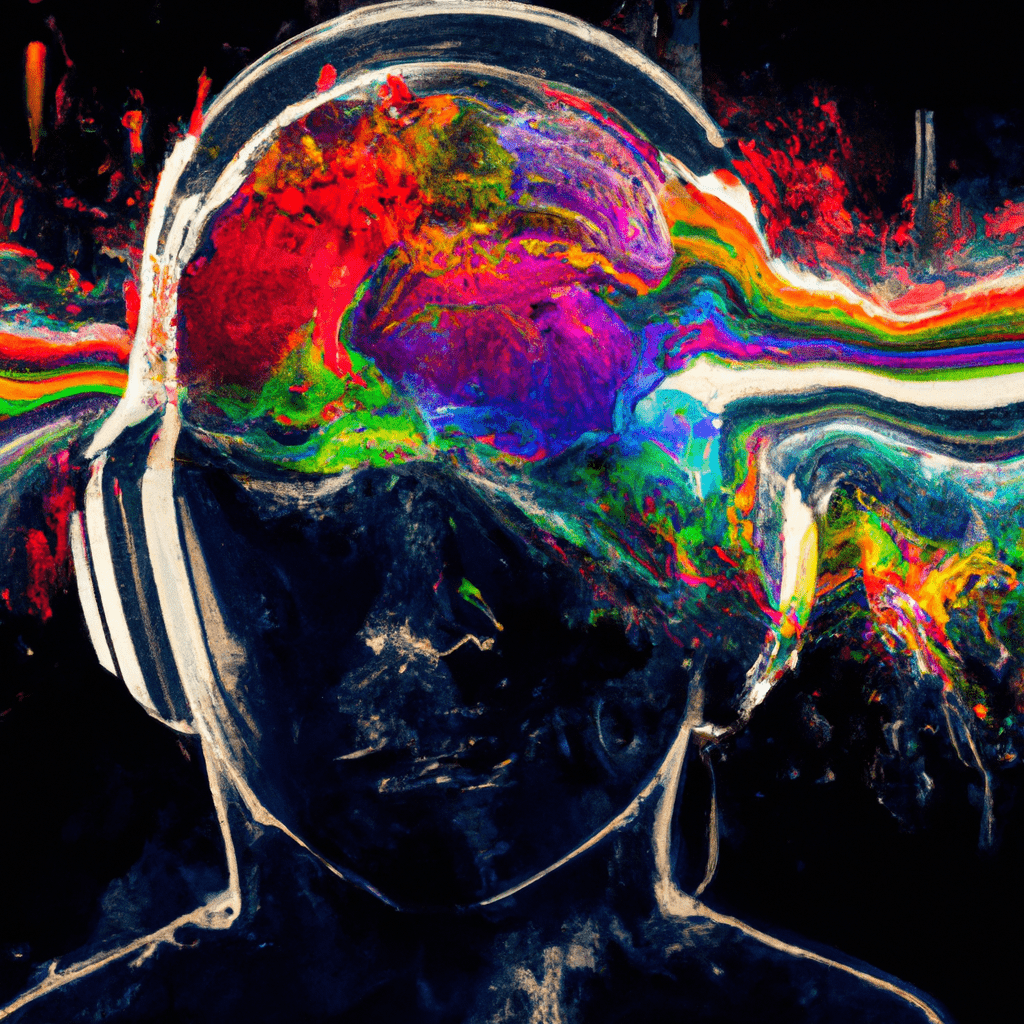Sound is a fundamental aspect of human experience. From the sound of our own voice to the music we listen to, sound plays a significant role in our lives. Recent research has shown that sound can have a profound impact on cognitive processing and memory. In this essay, we will explore the ways in which sound influences our cognitive abilities and how it impacts our memory.

First, it is important to understand how sound is processed by the brain. Sound waves are collected by the ears and transmitted to the brain through the auditory system. The brain then processes these sound waves to determine their source, location, and meaning. The auditory system is interconnected with other sensory systems, such as vision and touch, which allows for the integration of information from multiple sources.
Sound can have a significant impact on cognitive processing. One study found that background noise can impair cognitive performance, particularly in tasks that require attention and working memory (Banbury & Berry, 1998). Another study showed that certain sounds can improve cognitive performance, such as ambient noise in a coffee shop, which can boost creativity (Mehrabian & Russell, 1974). The type of sound and the level of noise can have a significant impact on cognitive performance.
Sound also plays an important role in memory. Research has shown that sound can enhance memory recall, particularly in the context of learning new information. One study found that background sounds can improve memory recall in both children and adults (Gorzen & Elvers, 2015). Another study found that certain types of music can enhance memory retention in elderly adults (Thompson et al., 2001).
In addition, sound can evoke powerful emotional responses, which can impact memory formation and recall. For example, hearing a particular song may bring back memories of a specific time or place. This emotional connection to sound can help to solidify memories and enhance recall.
The role of sound in memory can also be seen in the use of mnemonic devices. Mnemonic devices are memory aids that use associations to help remember information. Sound can be used as a mnemonic device, such as when we remember a phone number by associating it with a melody or tune. This technique, known as “melodic memory,” is often used in education to help students remember information (Wang & Thomas, 2015).
Furthermore, the use of sound in virtual reality (VR) and augmented reality (AR) can enhance memory and cognitive processing. VR and AR technologies allow users to immerse themselves in simulated environments that incorporate sound. This can enhance the realism of the experience and help to solidify memories of the simulated environment (LaViola, 2017).
In conclusion, sound plays a critical role in cognitive processing and memory. The brain processes sound waves to determine their source, location, and meaning, and sound can both impair and enhance cognitive performance. Sound can also enhance memory recall, evoke emotional responses, and be used as a mnemonic device. The use of sound in VR and AR technologies can further enhance memory and cognitive processing. Understanding the role of sound in cognitive processing and memory can help us to optimize our learning and memory recall.
we can develop new interventions and strategies to improve learning, reduce stress, and enhance overall cognitive function.
As research in this field continues to evolve, we can expect to see even more exciting developments in the use of sound-based therapies and interventions in a variety of fields.

